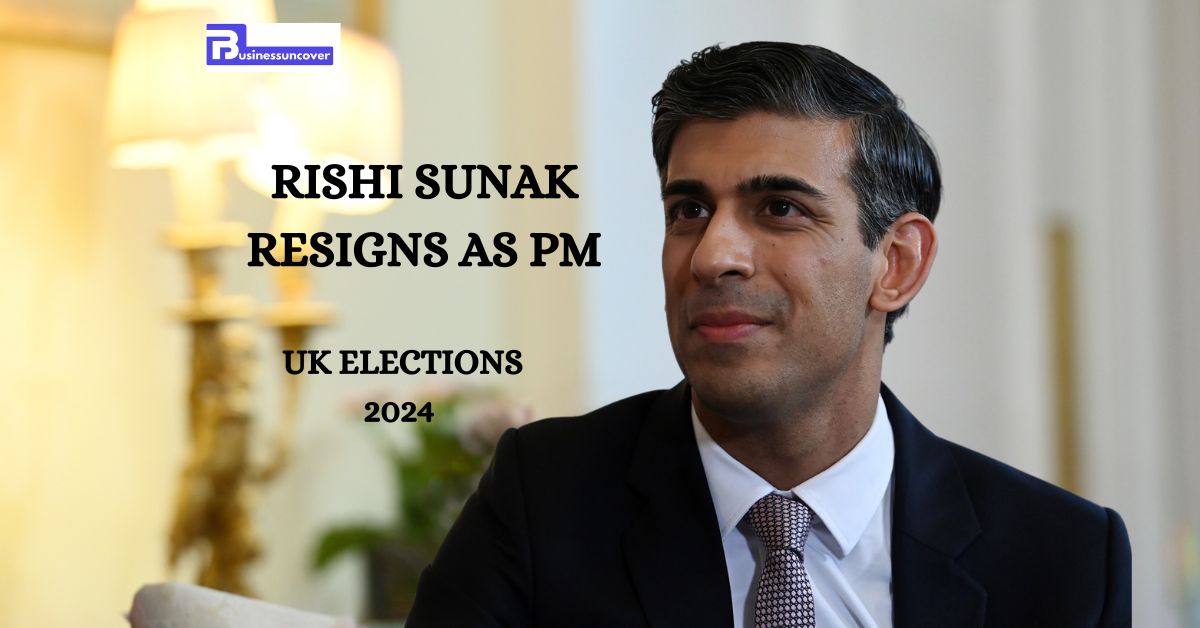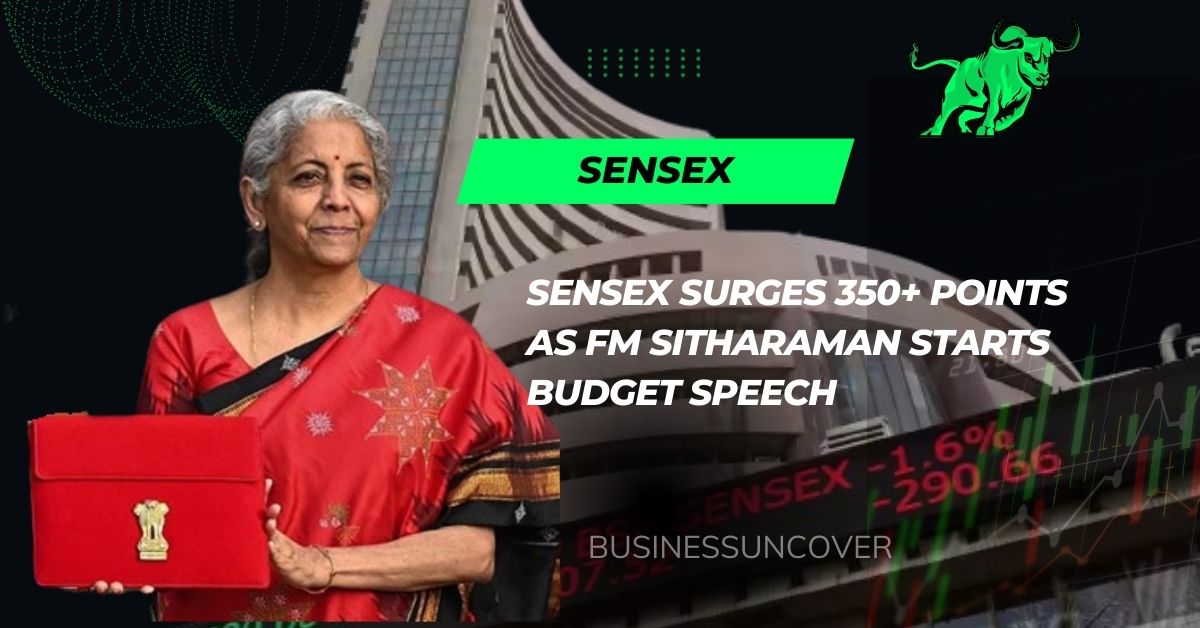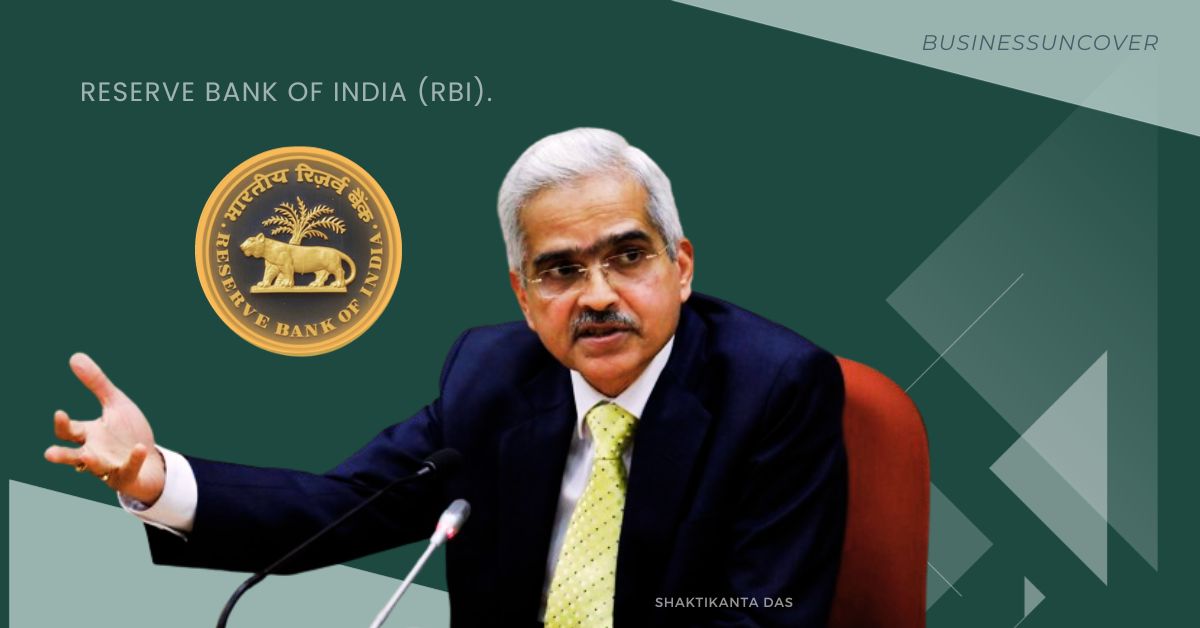As chair of the policy-setting board, Governor of the Bank of Japan( BOJ) Kazuo Ueda has suggested ending negative interest rates, public broadcaster NHK reported on Tuesday.
With the change, there would be a historic departure from the goal of boosting growth through years of significant monetary stimulus.
The policy decision will probably be announced soon.
Analysts note that even though the proposed move will be Japan’s first rate increase in 17 years, it will effectively keep interest rates unchanged because the central bank is being forced by a shaky economic recovery to proceed cautiously with any additional increases in borrowing costs.
With this change, the Japanese central bank becomes the last in the world to remove negative interest rates, bringing an end to a period in which governments attempted to stimulate growth using unconventional monetary policies and cheap money.
BofA Securities’ head of Japan economics, Izumi Devalier, stated, “This would be the first rate hike in 17 years, so it has a lot of symbolic significance.”
She observed that the effect on the economy is minimal, indicating that the Bank of Japan is expected to continue its commitment to maintaining loose monetary policy. “We anticipate no significant increase in funding expenses or household mortgage rates.”
Since inflation has been higher than the BOJ’s target of 2% for more than a year, many market participants had predicted that negative interest rates would end in March or April.
The BOJ implemented a massive asset-buying program in 2013 under former Governor Kuroda with the initial goal of driving inflation to a target of 2% in about two years.
In 2016, the central bank changed its stimulus program to one that was more sustainable due to tepid inflation. As a result, it implemented negative rates and yield curve control (YCC).
However, the BOJ changed YCC last year to loosen its hold on long-term rates as the sharp declines in the value of the yen increased the cost of imports and increased public criticism of the drawbacks of Japan’s extremely low interest rates.
Also read | Bank of Japan







